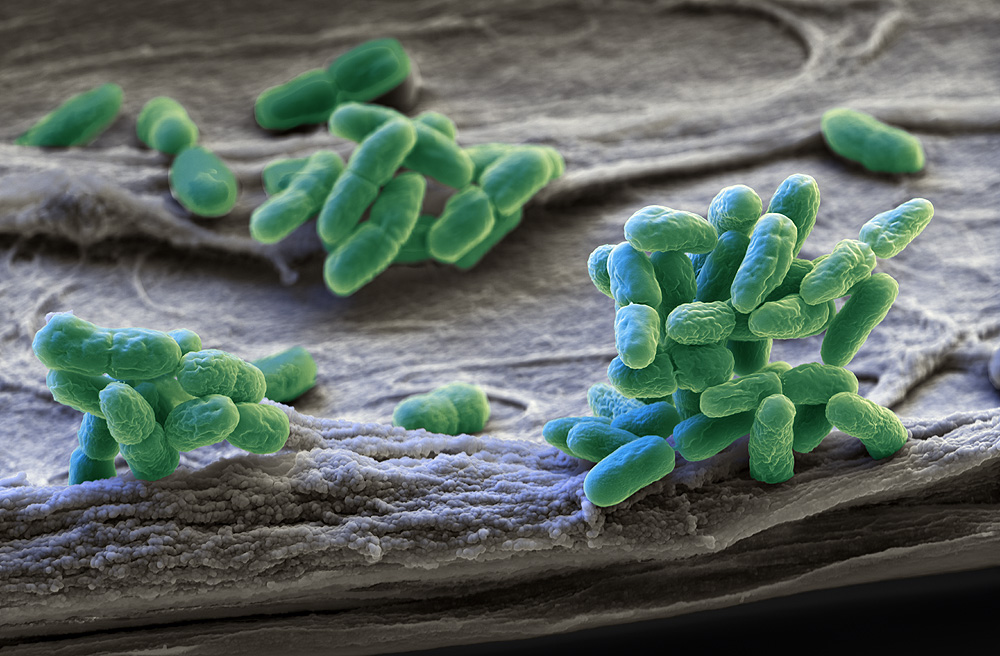Table of Contents
![]()
Introduction
Algal biotechnology, a field at the intersection of biology and technology, holds immense promise for addressing pressing global challenges. It harnesses the power of algae, a diverse group of photosynthetic organisms, for a wide range of applications. In this article, we will explore the various applications of algal biotechnology and the challenges that researchers and industries face in fully realizing its potential.
Applications of Algal Biotechnology
- Biofuel ProductionAlgae have emerged as a sustainable source of biofuels. They can be cultivated in large quantities and offer higher oil yields compared to traditional crops. Algal biotechnology plays a crucial role in developing processes for the production of biodiesel and bioethanol, providing greener alternatives to fossil fuels.
- Nutraceuticals and PharmaceuticalsAlgae are rich sources of bioactive compounds. Omega-3 fatty acids, essential for human health, can be derived from certain algal species. Moreover, algae are being explored for the production of antibiotics and antiviral compounds, opening new avenues in medicine.
- Wastewater TreatmentAlgae can efficiently remove pollutants from wastewater while producing biomass. This dual benefit makes them a valuable tool for treating sewage and industrial effluents, mitigating water pollution, and potentially recycling nutrients.
- Carbon Capture and UtilizationAlgae have the unique ability to capture carbon dioxide from the atmosphere and convert it into biomass. This makes them a key player in strategies to combat climate change by sequestering carbon and producing valuable products simultaneously.
- Food and Feed ProductionAlgae-based products are gaining traction in the food industry. Algal protein, rich in essential amino acids, offers a sustainable protein source. Algal supplements, containing vitamins and minerals, are also becoming popular as dietary additions.
Challenges in Algal Biotechnology
- Strain Selection and Genetic EngineeringIdentifying the most suitable algal strains for specific applications and optimizing their genetic makeup are ongoing challenges. Researchers must work on tailoring algae to meet the demands of various industries.
- Scaling up ProductionWhile laboratory-scale algal cultivation is well-established, scaling up to commercial levels remains a challenge. Factors like efficient photobioreactor design, cost-effective nutrient sourcing, and process optimization must be addressed.
- Contamination ControlAlgal cultures are susceptible to contamination by other microorganisms, which can hamper production and product quality. Maintaining pure cultures and developing effective contamination control measures is crucial.
- Energy and Resource InputsAlgae cultivation requires energy and nutrient inputs. Finding sustainable and cost-effective sources for these inputs is essential to ensure the environmental and economic viability of algal biotechnology.
- Regulatory and Ethical ConcernsAs algal biotechnology advances, regulatory frameworks and ethical considerations must keep pace. Issues related to intellectual property, biosafety, and environmental impacts need careful consideration.
Future Directions
- Advances in Genetic EngineeringContinued research in genetic engineering will enable the creation of algal strains with enhanced traits, such as higher oil content, faster growth rates, and improved stress tolerance.
- Sustainable Production MethodsInnovations in cultivation techniques, including the use of non-arable land and wastewater resources, will make algal biotechnology more sustainable and economically viable.
- Integration with Other IndustriesCollaborations between the algal biotechnology sector and agriculture, aquaculture, and other industries can lead to synergistic solutions and the development of circular economies.
- Policy and Regulatory DevelopmentsPolicymakers and regulators must work with the scientific community to establish clear guidelines and standards that encourage responsible and ethical development in the field of algal biotechnology.
Conclusion
Algal biotechnology is poised to revolutionize various industries by offering sustainable solutions to pressing global challenges. Its applications in biofuel production, pharmaceuticals, wastewater treatment, carbon capture, and food production demonstrate its versatility. However, overcoming challenges related to strain selection, scaling up production, contamination control, resource inputs, and regulations is crucial for its widespread adoption. As research and development continue, algal biotechnology holds the promise of a greener and more sustainable future. It is a field that merits attention, investment, and collaboration as we strive to address the complex challenges of our time.
Share This





Be the first to comment